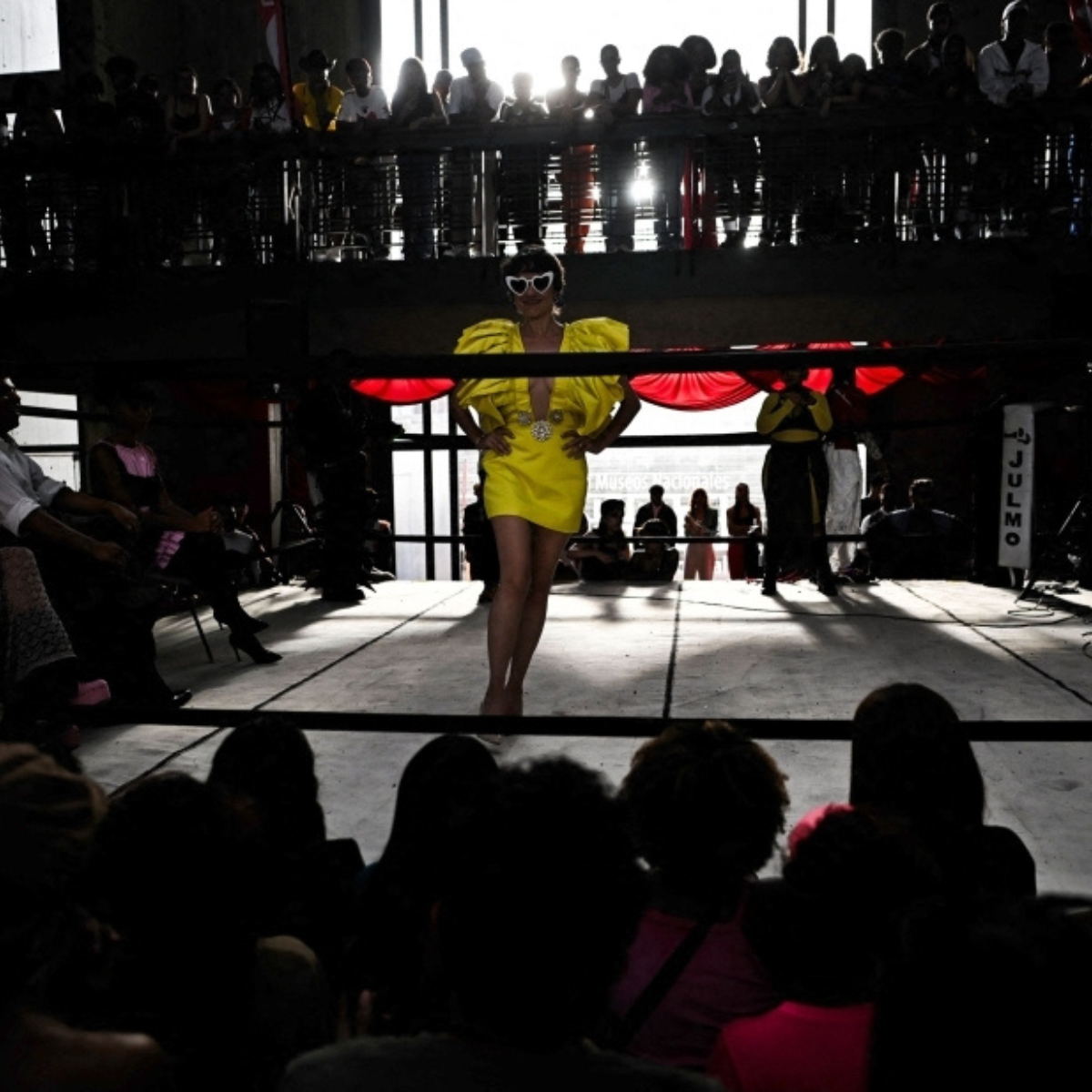WASHINGTON, Aug 25 — SpaceX has called off a scheduled test flight for its Starship megarocket on Sunday, citing the need for additional time to address issues, marking yet another setback for Elon Musk’s colossal project following a string of explosive failures.
BANGKOK, Aug 22 — Today, Thailand’s former prime minister Thaksin Shinawatra will discover the outcome of a royal insult case that may result in his imprisonment, as the political dynasty he established struggles after two decades of leading Thai politics.
The 76-year-old faces up to 15 years in prison if the Bangkok court finds him guilty of breaching Thailand’s strict lese-majeste laws that criminalise almost any criticism of King Maha Vajiralongkorn and his family.
The ruling, anticipated at 10:00 am (0300 GMT), is set to be announced one week prior to another court's decision regarding the potential removal of Thaksin’s daughter, Paetongtarn Shinawatra, from her position as prime minister.
Should both verdicts be unfavorable to them, it would mark a significant turning point in Thai politics, indicating the conclusion of the family's tenure in high office following a 20-year span that has witnessed three prime ministers from the Shinawatra family.
Thaksin's case of royal defamation originates from comments he made during a 2015 interview with South Korean media, which pertained to the military coup of 2014 that ousted his sister, Yingluck.
AFP is unable to provide a detailed account of Thaksin's remarks due to the stringent lese-majeste law, which makes such reporting potentially a criminal offense.
Years of conflict
Thaksin, who provided testimony in his own defense last month, has been a pivotal figure in Thai politics for the past twenty-five years.
The nation has experienced turmoil due to a series of coups, public demonstrations, and judicial rulings as Thaksin and his supporters vied for control against the established pro-royalist, pro-military elite, who view him as corrupt, nepotistic, and a danger to Thailand's conventional social structure.
Thaksin, who was elected prime minister twice in the early 2000s, fled Thailand and spent 15 years in self-imposed exile following his ousting in a military coup, ultimately returning to the kingdom in August 2023.
He arrived in Bangkok on the same day that his family's Pheu Thai party assumed leadership of a coalition government supported by their previous conservative adversaries, raising suspicions that a clandestine agreement had been made..
Upon his arrival, Thaksin was promptly sentenced to eight years of imprisonment due to charges of corruption and abuse of power that originated during his tenure in office.
However, rather than being incarcerated, he was swiftly taken to a private room in a police hospital due to health issues.
Several days later, the king reduced his sentence to one year, and in February 2024, he was released as part of an early release program for elderly inmates.
His management has resulted in yet another legal case, which is scheduled to conclude on September 9. The argument presented is that since he never spent time in a jail cell, he does not qualify for early release.
Increase in legal actions
Prosecutions for lese-majeste, referred to as 112 in Thailand due to its designation in the criminal code, have risen significantly since the anti-government protests that began in 2020, during which some participants openly criticized the monarchy.
Thai Lawyers for Human Rights, an organization that offers legal assistance in numerous cases, reports that over 280 individuals have faced prosecution under section 112 in the past five years.
The legislation stipulates that any individual who "defames, insults, or threatens" the king, queen, heir, or regent may be subjected to a prison sentence of up to 15 years.
Advocacy organizations and detractors assert that the law is currently construed in such an expansive manner that it suppresses dissent and genuine discussion. — AFP






